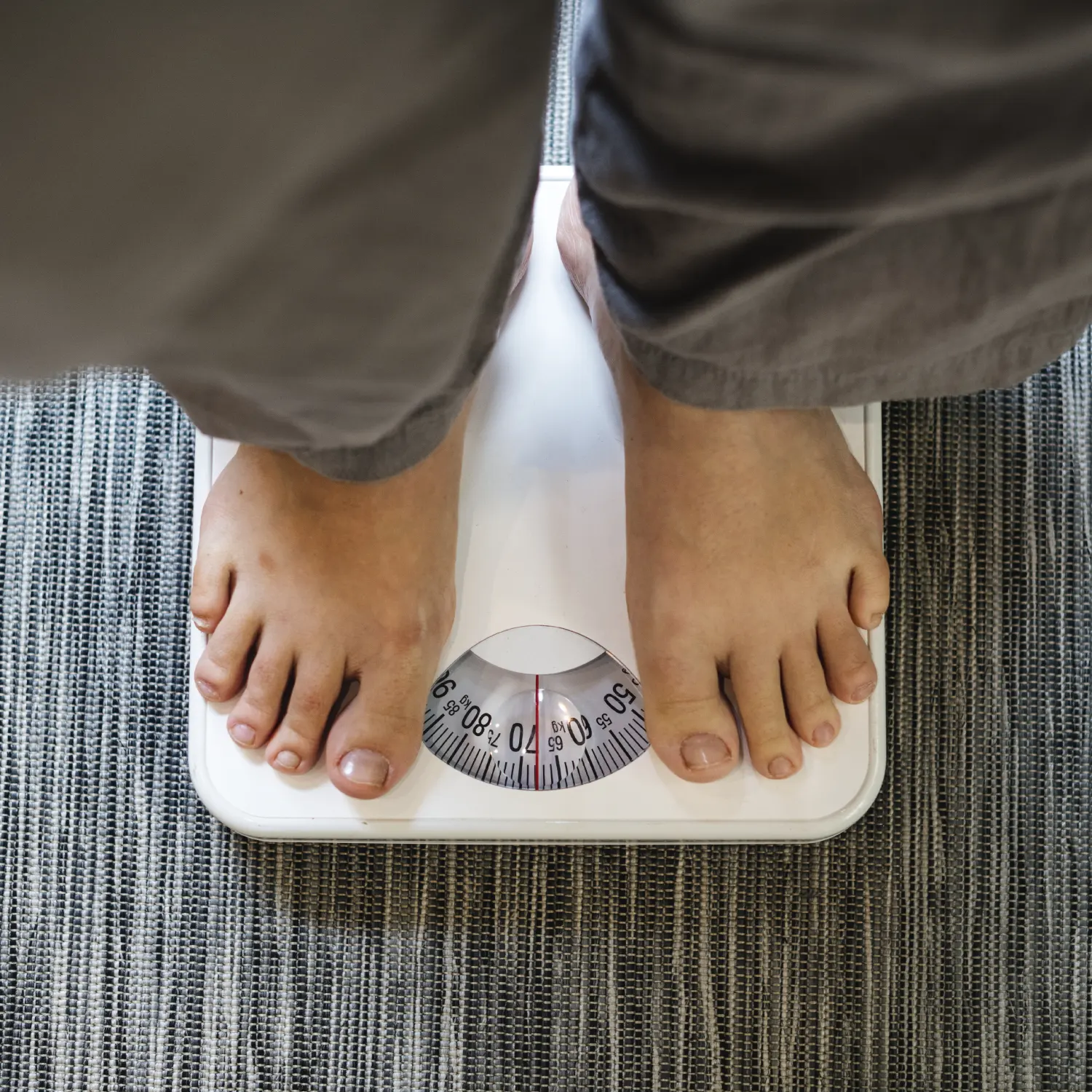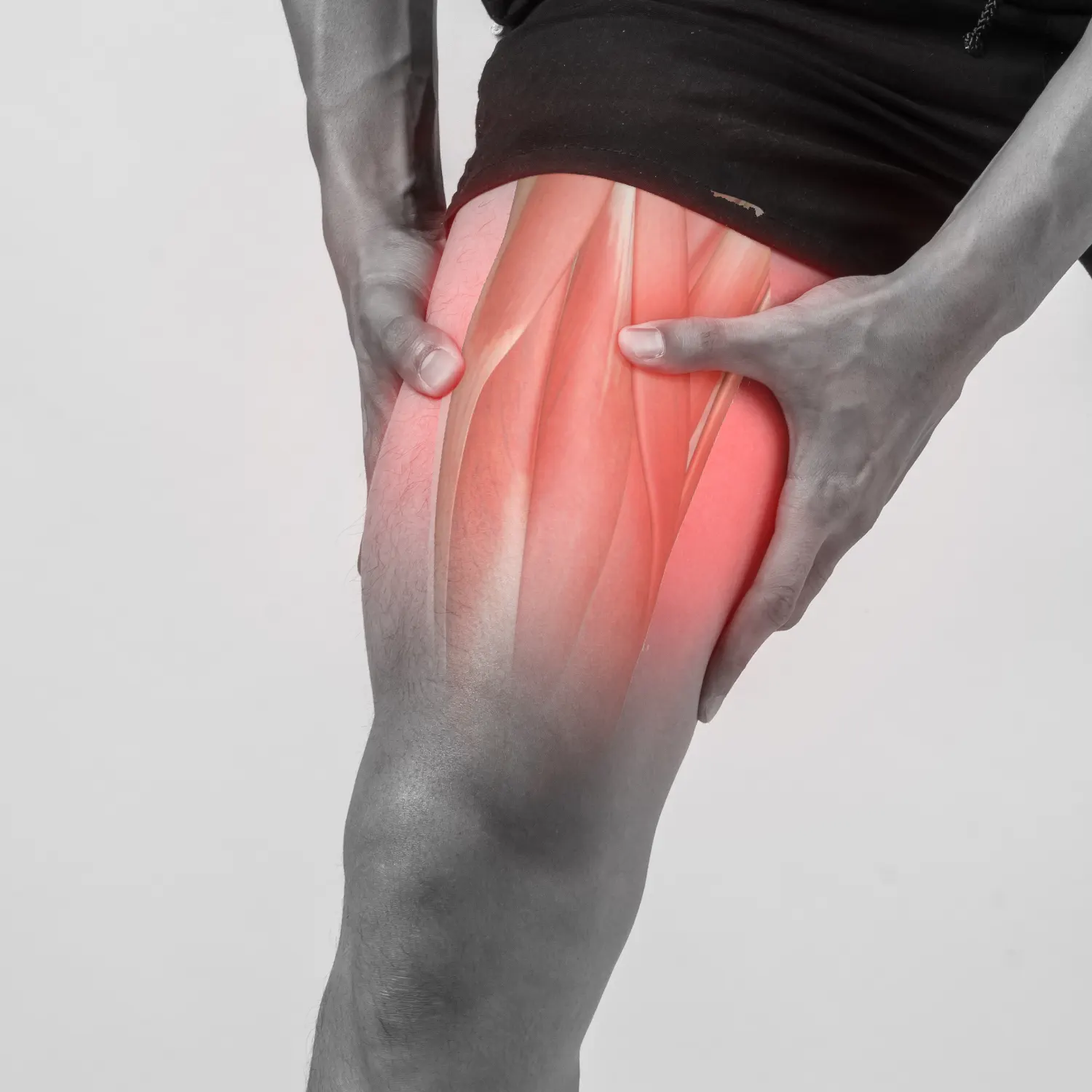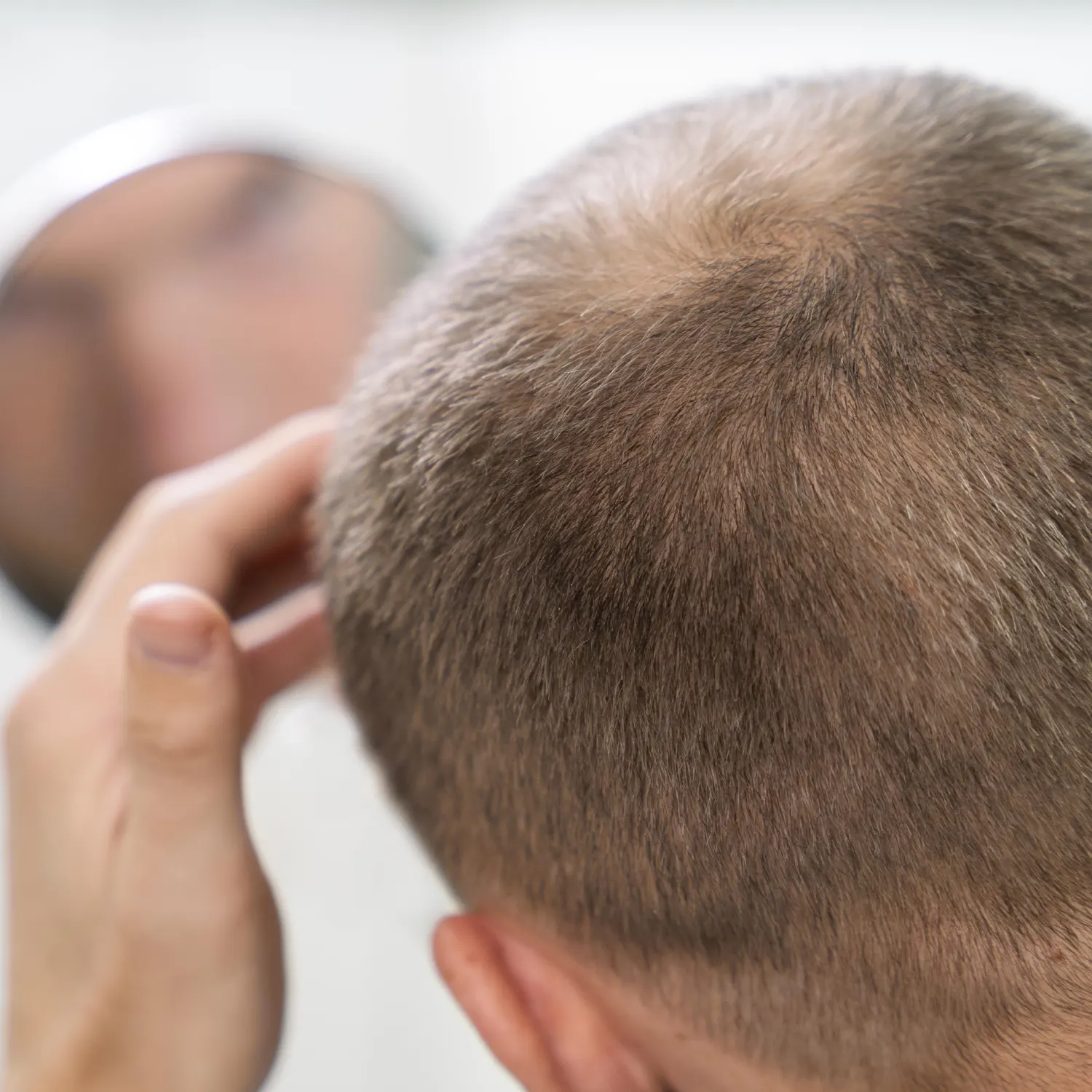
The earliest evidence of creatine was found in 1832 by Michel Eugène Chevreul, a French chemist. The chemist Chevreul, who is well-known for his research on lipids and soaps, discovered creatine in animal meat extracts. As befitting its major source, he took the word "creatine" from the Greek word "kreas," which signifies meat.
Subsequent research conducted in the 1920s and 1930s verified that supplementing with creatine might raise the amount of creatine stored in muscles, improving performance in exercises requiring quick energy bursts, such weightlifting and running. However, creatine supplements did not gain widespread use until the 1990s, particularly in the bodybuilding and fitness sectors. Creatine Monohydrate is considered the best source for creatine intake.

When taken as directed, creatine is generally considered to be safe, although like all supplements, it can have negative consequences. This is a thorough summary of all the possible negative effects of using creatine.
Widely considered safe limit for consuming creatine is 3-5 g/day.
Your muscles take in more water when you utilise creatine, which makes the muscle cells retain more water. This may lead to a discernible gain in body weight, usually from water retention instead of fat or muscle growth.
When taking creatine, most people suffer some degree of water retention, which may not be ideal for those who want to keep their body slim.


Because creatine causes muscles to retain more water, there is a widespread misconception that using it might cause cramping and dehydration in the muscles. But there isn't a lot of scientific data to back this up.
When taking creatine, it's critical to maintain adequate hydration because it reduces the risk of cramping or dehydration.
Some anecdotal reports suggest that creatine might increase the levels of dihydrotestosterone (DHT), a hormone linked to hair loss. However, evidence on this is limited,
Individuals genetically predisposed to male pattern baldness might be concerned, but the link between creatine and hair loss remains speculative.


Creatine is generally safe and well-tolerated by most people, but it’s important to be aware of potential side effects. Staying hydrated, using the correct dosage, and monitoring your body’s response can help minimize any adverse effects. If you have any pre-existing health conditions or concerns, it's always best to consult with a healthcare professional before starting creatine supplementation.



